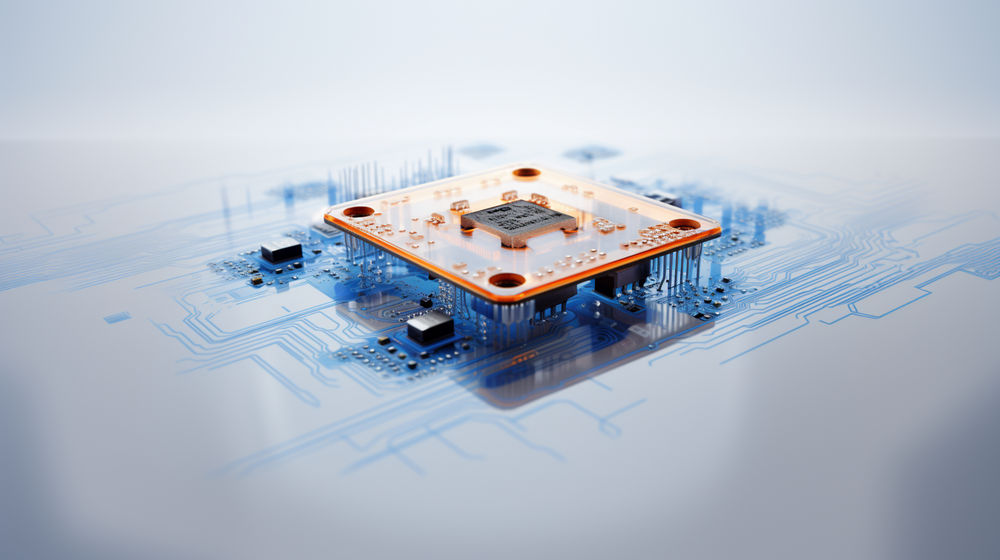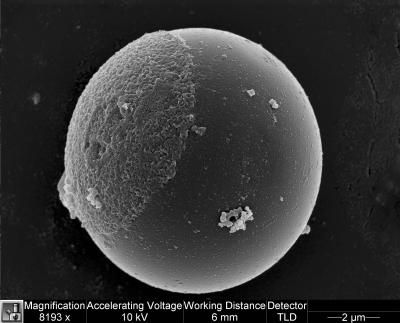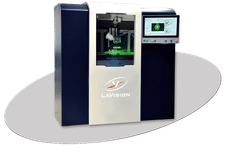Measuring the electrical properties of nano-crystals
UK scientists help to create standards for measuring electric materials on the nanoscale
Advertisement
The UK's National Physical Laboratory (NPL) is working to provide more reliable measurement of the electrical properties of materials used in nanotechnology – which could lead to much more accurate devices in the future. Scanning probe microscopy (SPM) won the Nobel Prize in 1986. It uses a nano-sized probe to feel the surface of a material – akin to a finger reading Braille on an extremely small scale. The technique can also measure the electrical properties of materials used in nanotechnology – and "feel" how the materials react when electricity is passed through it. SPM opens up a lot of new opportunities for new devices as we can now find out how electrical materials are working at the nanoscale. The one piece of missing information is that of measuring reliable values. NPL researchers have now discovered that by combining textural analysis, through electron backscatter diffraction (EBSD), with piezoresponse force microscopy, quantitative measurements of the piezoelectric properties can be made at a scale of 25 nm, smaller than the domain size i.e. the electrical features that dictate the materials properties. The combined technique is used to obtain data on the domain-resolved effective single crystal piezoelectric response of individual crystallites in Pb(Zr0.4Ti0.6)O3 ceramics. The results offer insight into the science of domain engineering and provide practical information for the future development of new nano-structured ferroelectric materials for memory, nano-actuators, and sensors. Tim Burnett from NPL said, "As the drive to miniaturize devices continues we will need to make changes in how they are made to increase performance levels, so measuring how electrical materials behave on the nanoscale is essential. The problem with making things that are nano-sized is that it is very difficult to measure their performance. Our research at NPL will therefore enable genuine comparisons to be made and promote a better understanding of the nanotechnology of electrical materials and devices."
Other news from the department science
These products might interest you
Most read news
More news from our other portals
See the theme worlds for related content
Topic world Sensor technology
Sensor technology has revolutionized the chemical industry by providing accurate, timely and reliable data across a wide range of processes. From monitoring critical parameters in production lines to early detection of potential malfunctions or hazards, sensors are the silent sentinels that ensure quality, efficiency and safety.

Topic world Sensor technology
Sensor technology has revolutionized the chemical industry by providing accurate, timely and reliable data across a wide range of processes. From monitoring critical parameters in production lines to early detection of potential malfunctions or hazards, sensors are the silent sentinels that ensure quality, efficiency and safety.

































































